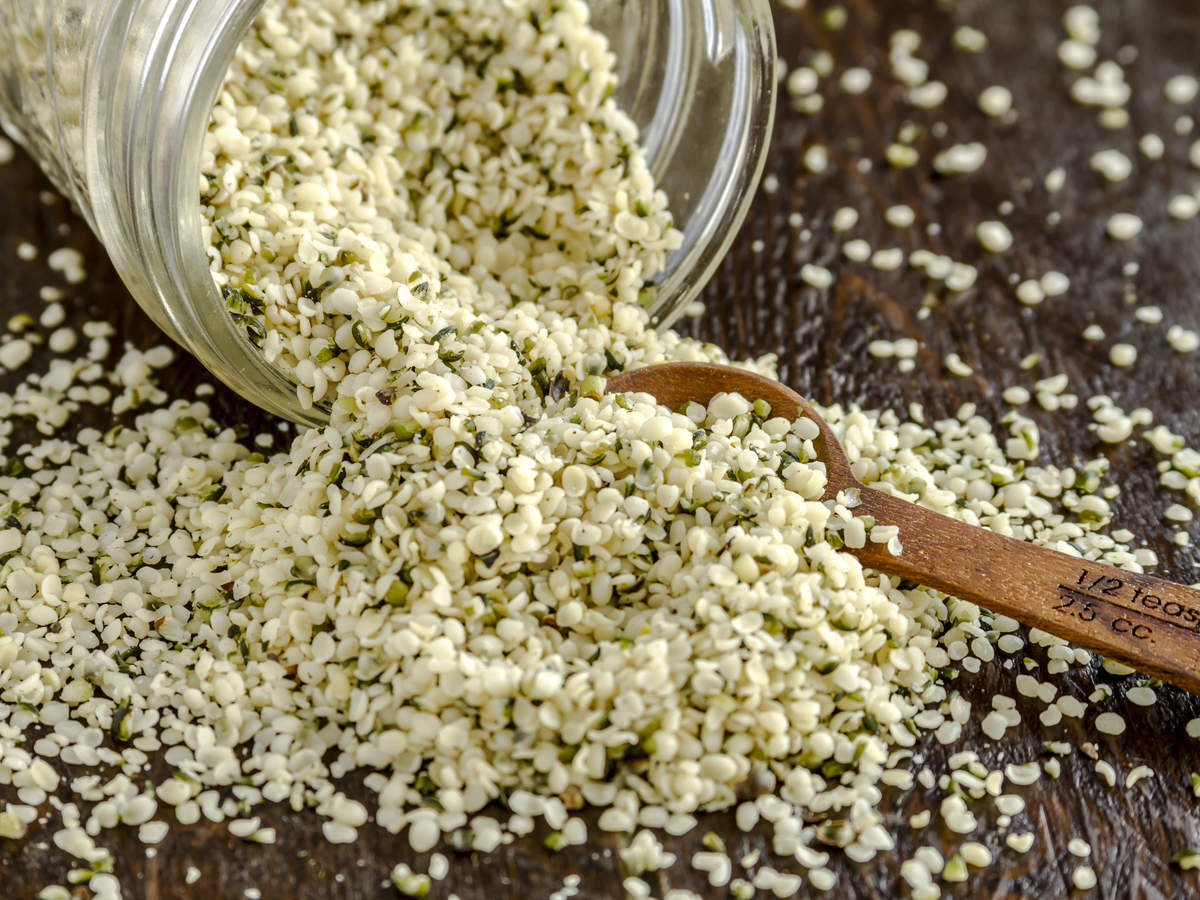Hemp, a functional crop with a myriad of applications ranging from textiles to wellbeing health supplements, has observed a resurgence in desire globally, which include in Canada. With the legalization of hashish for leisure and medicinal uses in Canada, hemp cultivation has attained prominence because of to its non-intoxicating homes and numerous industrial purposes. On the other hand, like any agricultural endeavor, hemp farming in Canada is topic to rules aimed at making certain compliance, high quality control, and customer safety. In this short article, we delve into the regulatory landscape governing hemp farming in Canada, exploring licensing necessities, cultivation recommendations, and the evolving legal framework.
Heritage of Hemp Regulation in Canada:
Hemp has a prolonged record in Canada, relationship back again to the early colonial period of time when it was cultivated for fiber and foods. Nevertheless, its cultivation witnessed a decrease in the 20th century owing to regulatory limits and misconceptions about its affiliation with psychoactive hashish. The turning position arrived with the passage of the Industrial Hemp Laws in 1998, which allowed accredited cultivation of hemp with small THC (tetrahydrocannabinol) articles. Given that then, hemp farming in Canada has been regulated underneath the Hashish Act and its accompanying laws.
Licensing and Regulatory Bodies:
To interact in hemp cultivation in Canada, persons and entities need to obtain a license from Health Canada, the federal section liable for overseeing hashish regulations. Health Canada delivers unique varieties of licenses depending on the meant pursuits, such as cultivation, processing, and promoting of hemp products and solutions. Possible hemp farmers ought to undergo a thorough application procedure, which involves background checks, protection clearances, and compliance with demanding regulatory demands.
Cultivation Tips:
Hemp cultivation in Canada is ruled by stringent guidelines aimed at making certain the integrity and excellent of the crop while minimizing the possibility of diversion to illicit markets. Critical regulations include limits on THC information, mandatory tests of hemp samples to confirm compliance, and adherence to Great Agricultural and Selection Practices (GACP). Farmers are also necessary to keep specific information of their cultivation actions, which include seed resources, cultivation strategies, and harvest info.
THC Written content Limits:
A single of the central regulatory aspects of hemp cultivation in Canada is the restriction on THC content material. THC is the psychoactive compound found in hashish plants, and hemp varieties cultivated for industrial reasons will have to consist of less than .3% THC on a dry pounds basis. This threshold distinguishes hemp from psychoactive hashish varieties and is crucial for ensuring compliance with each domestic and international laws. Health Canada conducts regular inspections and testing to confirm THC amounts in hemp crops, and non-compliant crops may be subject to seizure and destruction.
Excellent Handle and Tests:
Good quality manage is paramount in the hemp field to make certain client security and product or service regularity. Health and fitness Canada mandates arduous screening of hemp samples for several parameters, such as THC articles, CBD (cannabidiol) concentrations, pesticides, significant metals, and microbial contaminants. Accredited producers have to make the most of accredited testing laboratories and adhere to standardized screening protocols to manage compliance. By implementing sturdy high quality command steps, regulators aim to safeguard community wellness and manage the integrity of the hemp business.
Export and Import Polices:
Canada is a considerable participant in the worldwide hemp marketplace, exporting a vast array of hemp-derived products and solutions, such as fiber, seed, oil, and CBD extracts. Nevertheless, global trade in hemp is subject matter to complex polices, including import needs imposed by place international locations. try here and fitness Canada offers steerage to exporters on compliance with international restrictions and helps in obtaining the essential permits and certifications. Equally, importers of hemp items into Canada have to make certain compliance with domestic restrictions, including licensing needs and quality specifications.
Emerging Traits and Long run Outlook:
The hemp market in Canada is suffering from immediate advancement and innovation, driven by increasing client need for hemp-derived merchandise and improvements in agricultural technology. With the current legalization of hashish edibles and extracts, there is developing fascination in hemp-derived CBD products for therapeutic and wellness applications. Also, research into novel hemp cultivars with enhanced qualities, these as higher CBD information or improved fiber high quality, holds promise for growing the marketplace and diversifying merchandise offerings.
Summary:
Hemp farming in Canada is ruled by a thorough regulatory framework aimed at ensuring compliance, high quality command, and shopper safety. By licensing necessities, cultivation recommendations, and stringent top quality manage steps, regulators try to keep the integrity of the hemp industry whilst fostering innovation and economic expansion. As the industry proceeds to evolve, stakeholders will have to remain abreast of regulatory developments and greatest procedures to navigate the complex landscape of hemp cultivation in Canada

